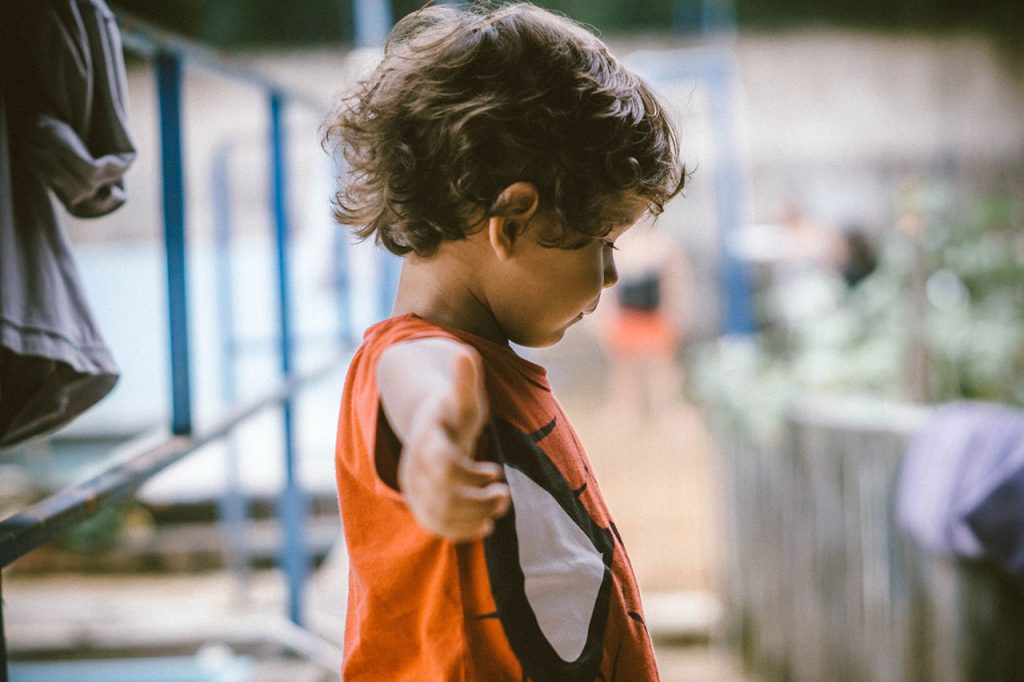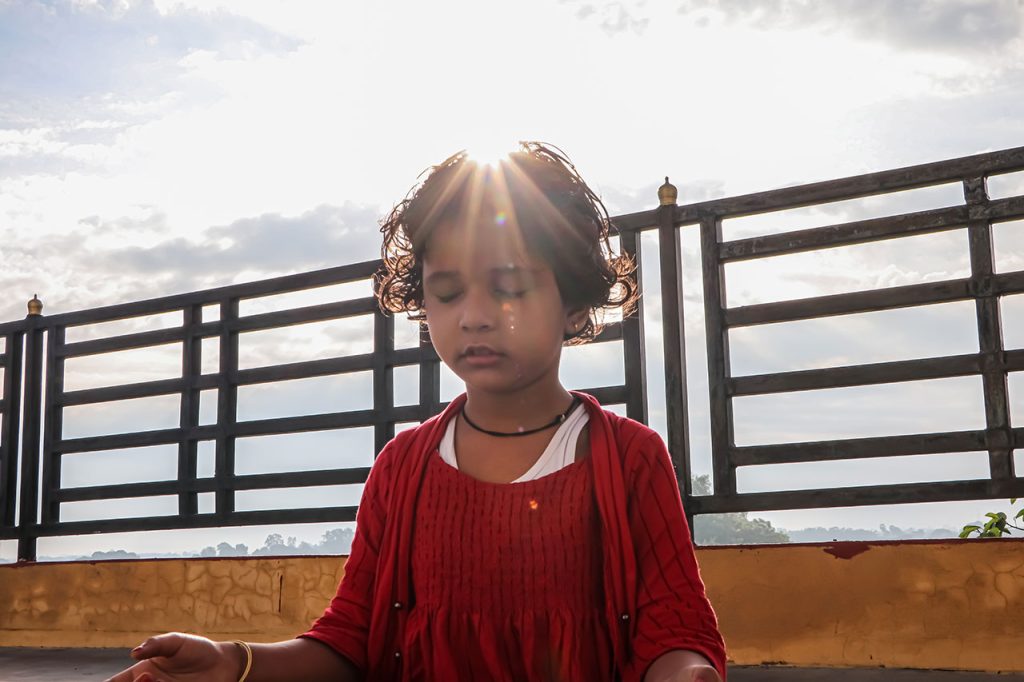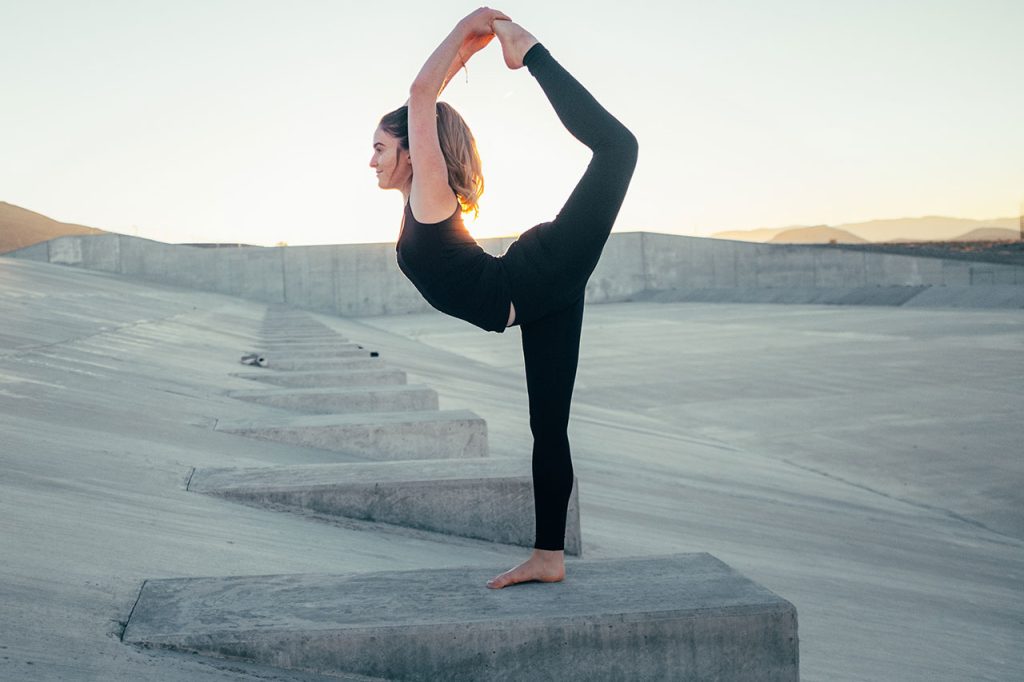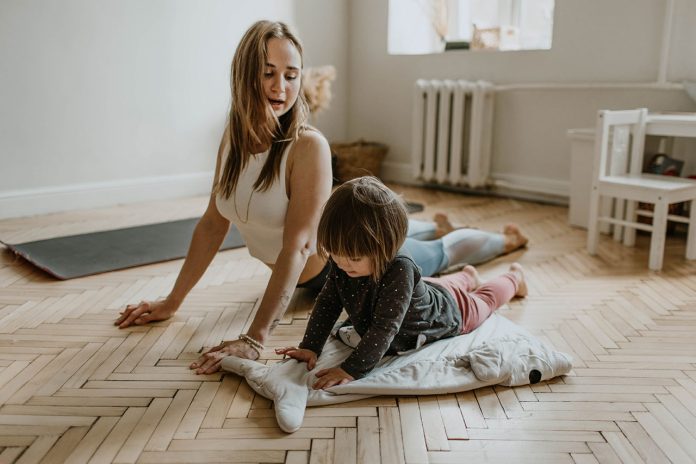Yoga is quickly growing in popularity among kids of all ages. While adults utilize yoga to reduce stress and increase flexibility, yoga offers many additional physical and mental perks specifically for children. Practicing poses, breathing, and mindfulness at a young age can aid healthy development in numerous ways. This article explores how introducing children to yoga can boost focus, confidence, physical health, behavior, and more.
Table of Contents
You may also want to know: How to Start a Yoga Practice
Improved Overall Fitness
Like adults, kids experience many physical benefits from regular yoga practice. Yoga enhances strength, balance, and coordination through bodyweight-bearing poses that require kids to support their own weight. Mastering new challenges like inversions or arm balances builds upper body strength and control.
Yoga also increases flexibility as children flow through a full range of motion. Stretches that gently open the hips, hamstrings, and shoulders help avoid muscle tightness caused by hours of sitting in school. A strong and flexible body developed through yoga boosts athletic performance, reflexes, and stamina as well. Kids who practice yoga feel more comfortable and capable in their bodies.
Enhanced Focus and Attention
Yoga emphasizes focusing on the breath while moving through sequences in a mindful, present way. This degree of awareness, especially when distractions are minimized, enhances attention spans in children. Just 20 minutes of dedicated flow can improve concentration for hours afterward. Kids are then better equipped to focus in school and while doing homework.
Yoga also aids memory, cognitive function, and learning capacity by inducing a state of calm alertness ideal for absorbing and retaining information. Parents of children with attention deficits have seen great improvements through a regular yoga routine. Overall, yoga boosts mental acuity in kids of all ages.

Reduced Stress and Anxiety
Like adults, kids experience increasing worry, anxiety, and depression when under chronic stress. The mindfulness, meditation, and breathing exercises in yoga help reverse the negative effects of excess stress by activating the parasympathetic nervous system. This triggers relaxation throughout the body and mind.
Recurrent emotional issues like test anxiety, social anxiety, or tantrums can improve through yoga as children learn techniques to self-soothe and regulate their emotions. Yoga also boosts self-esteem and confidence, giving kids a more positive outlook. The combination of reduced stress and increased self-worth yields happier kids.
Better Sleep Habits
Between school pressures, electronics use, and busy schedules, many kids struggle with sleep issues from difficulty falling asleep to frequent waking. Yoga provides natural fatigue relief through its physically invigorating yet mentally calming effect on the nervous system. Kids sleep more soundly after tiring active yoga flows.
Gentle nighttime yoga and meditation specifically tailored for kids are also beneficial before bed. This guides their minds and bodies into a relaxed state ideal for quality rest. Parents report their children fall asleep faster, sleep longer, and wake up more refreshed after doing yoga. Restful sleep is vital for growth, focus, and immunity.
Improved Behavior and Relations
Yoga emphasizes self-control, discipline, and respect for self and others. Regular practice teaches kids to manage their impulses and emotions in a healthier manner. Parents often see improved listening skills, less reactive outbursts, and more rational decision-making after starting yoga.
Relationships with siblings, parents, teachers, and peers also grow stronger as kids develop greater patience, empathy, and conflict-resolution abilities through yoga. Kids who might lack confidence or feel isolated can make friends more easily. Yoga facilitates kindness, leadership skills, and social responsibility as well. The benefits extend into all aspects of life.

Injury Prevention
Growth spurts combined with high levels of physical activity make kids prone to overuse injuries like tendinitis or stress fractures. Yoga develops balanced muscle strength, joint stability, and alignment to prevent sports-related injuries. Regular practice maintains a healthy range of motion and prevents compensation patterns.
Yoga also helps kids listen to warning signals from their bodies to avoid pushing beyond safe limits. In addition, yoga aids recovery after an injury with gentle movements that gradually rehabilitate the affected area. A consistent yoga practice can keep kids on the field and court by building strength and mindfulness.
How To Start Your Child’s Yoga Practice
Here are some tips for beginning your child’s yoga journey successfully:
- Make it fun! Avoid forcing kids into structured yoga at first. Incorporate playfulness like storytelling and journeys. Praise efforts, not just results.
- Try age-appropriate yoga videos on YouTube or DVDs tailored for kids. These hold attention better than adult classes. Join in together.
- Let them imitate and repeat. Don’t worry about perfect alignment yet. Build basics like balance, stretches, and focus through repetition.
- Keep it brief. Start with just 5-10 minutes and build up from there. Toddlers have even shorter attention spans.
- Add props like stuffed animals, balls, hula hoops, and scarves to make balancing poses more engaging.
- Weave yoga into their day subtly through natural stretches and focused breathing. Seize brief teachable moments.
- Stick with it! Daily consistency works wonders, even if just for 10 minutes before school. Make it part of your routine.

The Benefits Last a Lifetime
Yoga creates healthy lifestyle habits that will serve kids physically and mentally throughout their lifetime. Starting yoga early allows children to grow into strong, flexible, mindful adolescents and adults. The increased focus, decreased anxiety, healthy body image, injury resilience, self-control, and compassion carry forward. Prioritize yoga now and your child will reap rewards for decades to come.
Related Links:
https://en.wikipedia.org/wiki/Yoga



